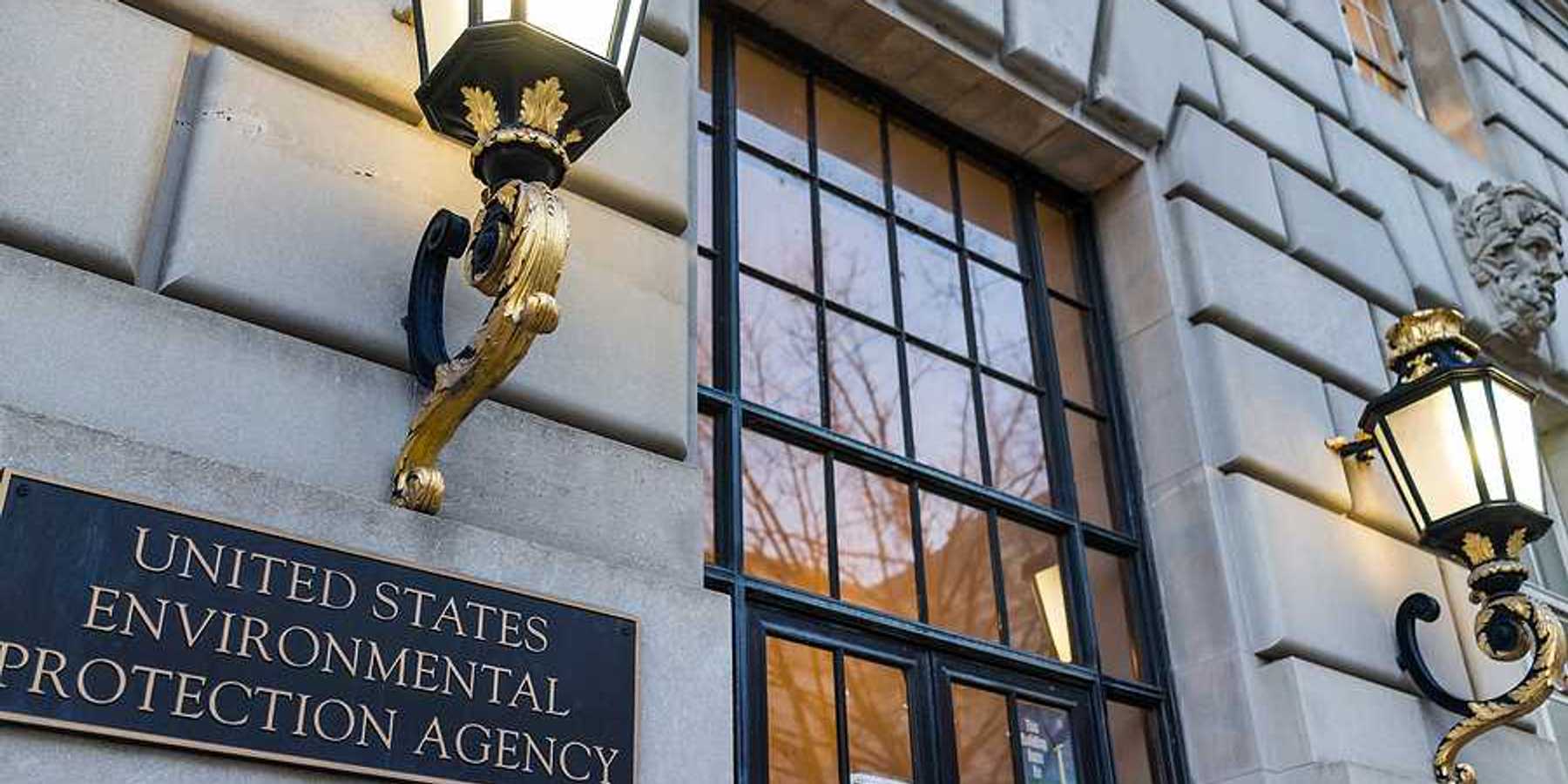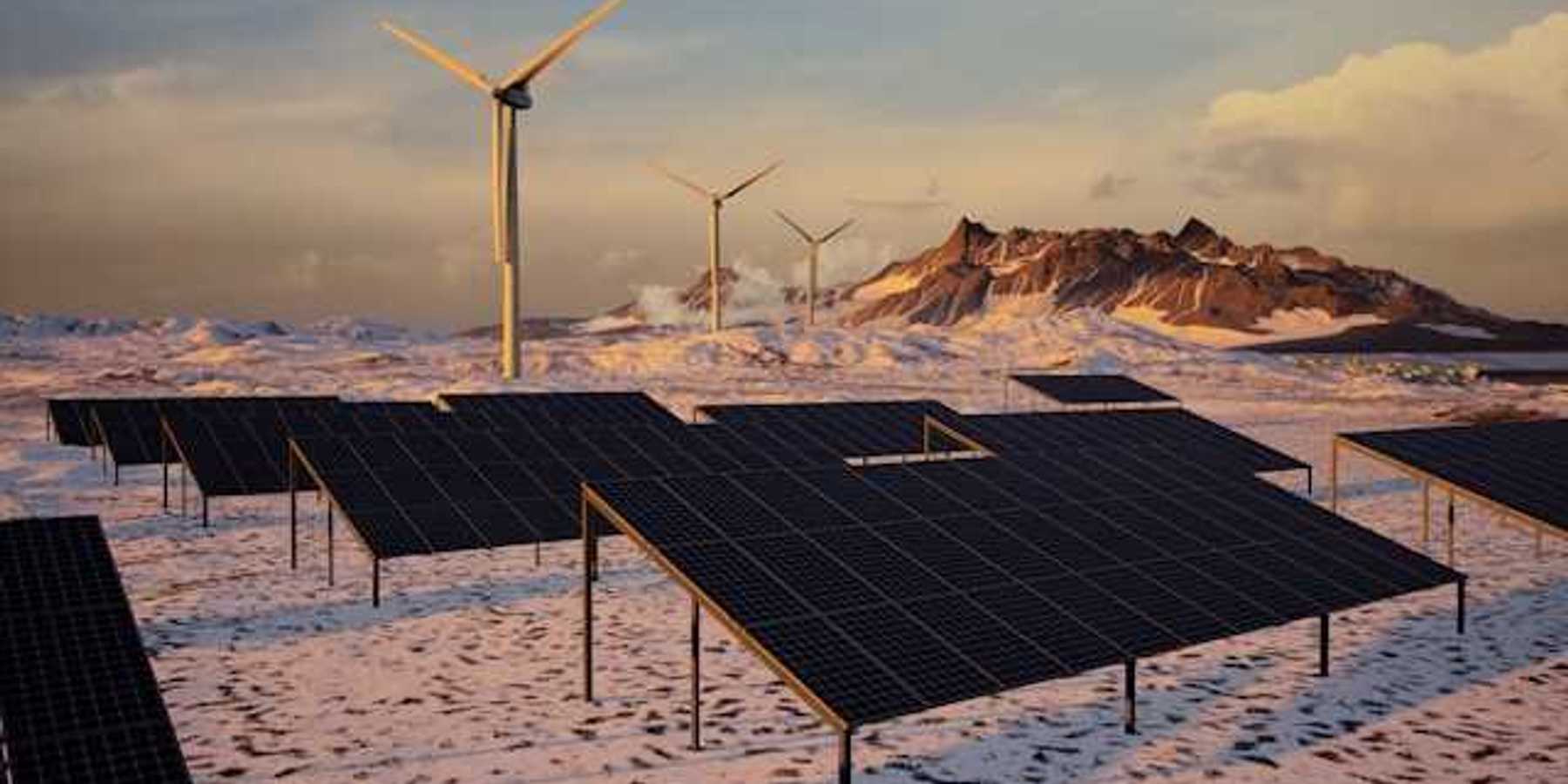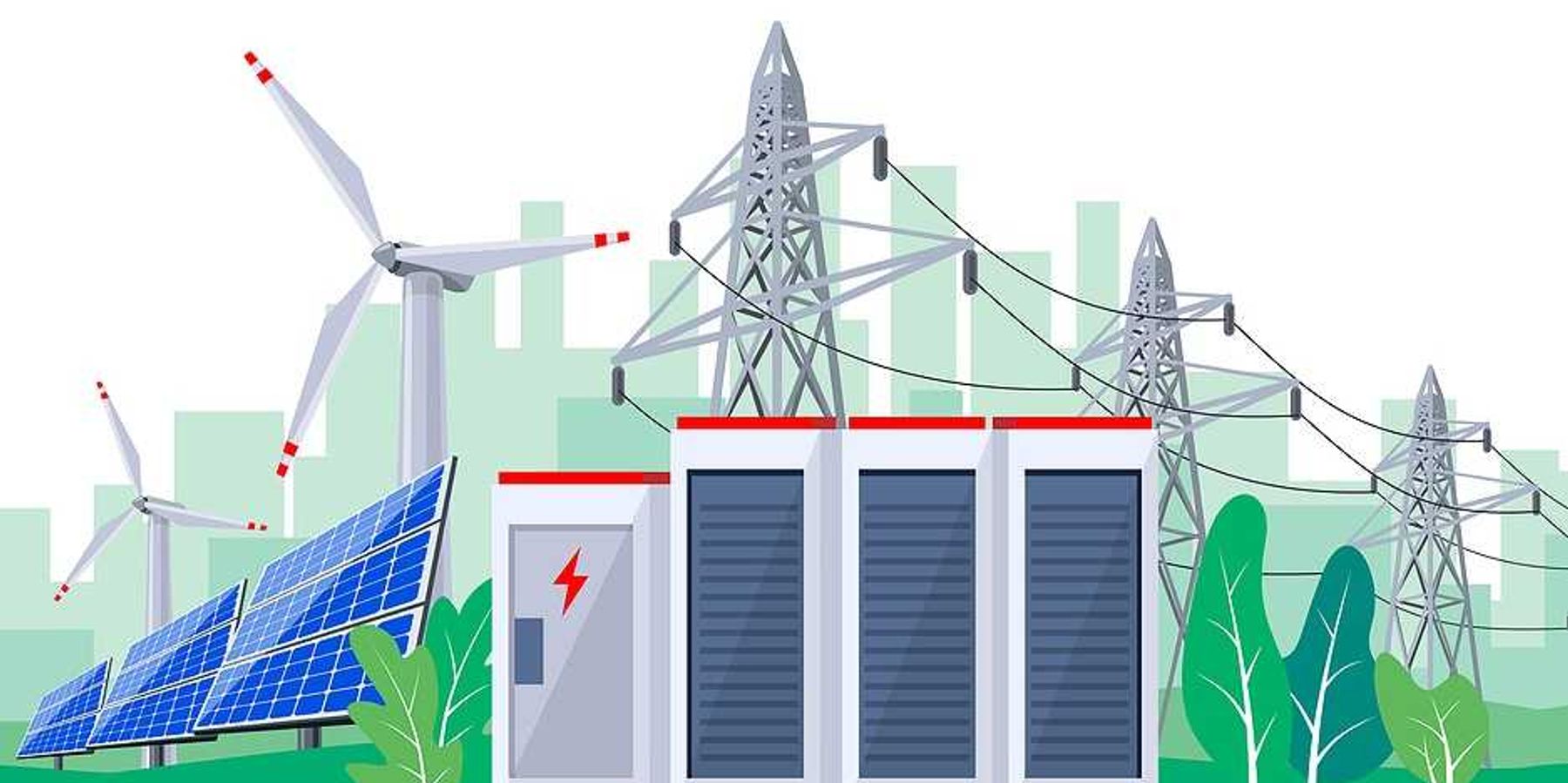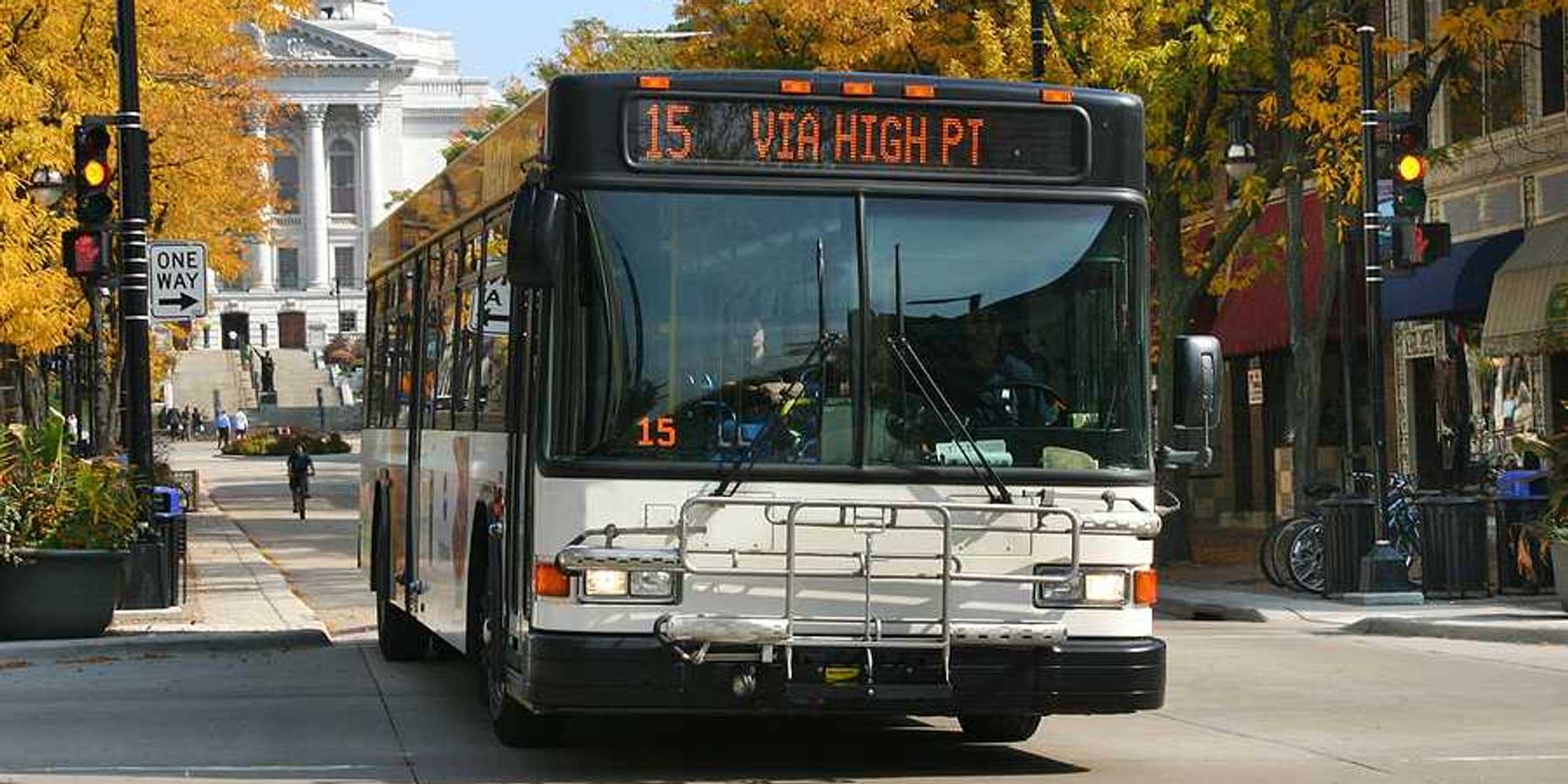Trump administration dismantles federal environmental justice efforts
The Trump administration has eliminated environmental justice programs across federal agencies, undoing Biden-era initiatives aimed at addressing pollution’s disproportionate impact on marginalized communities.
Henry Grabar reports for Slate.
In short:
- The White House, Department of Justice (DOJ) and other agencies have removed references to environmental justice from policies, deleted websites and suspended officials working on the issue.
- The DOJ Office of Environmental Justice, created in 2022 to support communities affected by pollution, has been shut down and its staff placed on leave.
- The administration is attempting to claw back $3 billion in environmental justice grants from the Inflation Reduction Act.
Key quote:
“The right to breathe clean air, drink clean water and to have our food safe to eat and have our kids play on playgrounds that are not contaminated … that’s not DEI.”
— Robert Bullard, founding director of the Bullard Center for Environmental and Climate Justice
Why this matters:
For decades, low-income communities and communities of color have disproportionately suffered the health effects of pollution, from toxic air and contaminated water to hazardous waste sites in their neighborhoods. Efforts to curb these disparities have relied heavily on federal oversight, with agencies like the Environmental Protection Agency enforcing regulations that limit emissions and penalize polluters. But if programs designed to protect these communities are weakened or eliminated, advocates warn that accountability could slip, allowing industries to operate with fewer restrictions and making it harder for residents to fight back.
Related: Hydrogen hubs test new federal environmental justice rules













